
Apr
Prudence Mahirwe Elected First Female Guild President of KIU Western Campus
April 19, 2024, 1:47 pm
 Umar Kisekka
Umar Kisekka
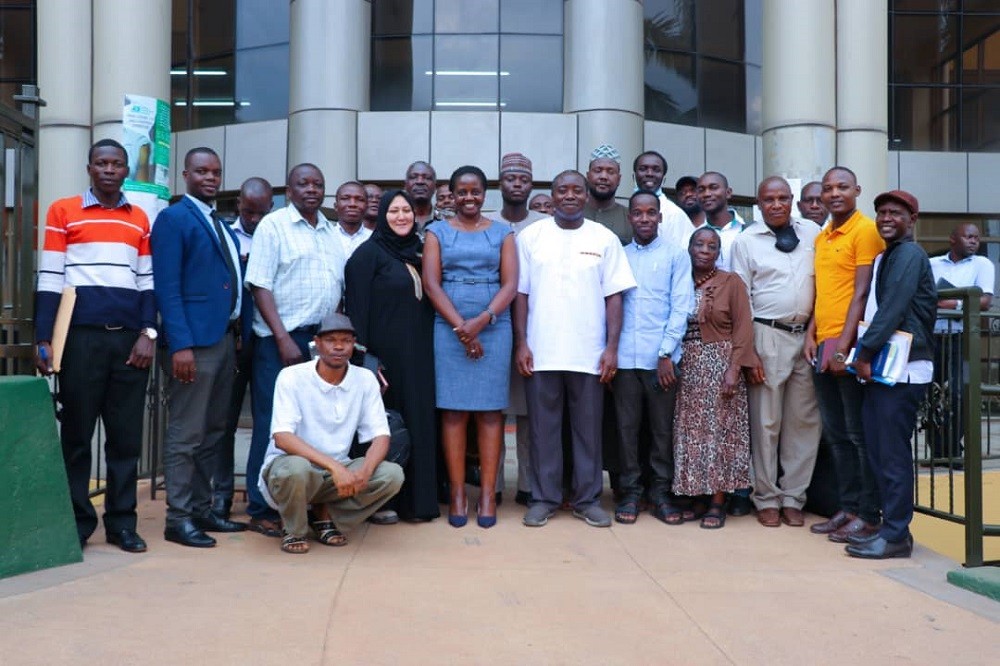
Kabuga Daniel Mulindwa
Prof. Raymond A. Tutu of Delaware State University has advised KIU students and Staff to always contribute to knowledge by thinking through research. He communicated this during a research seminar he facilitated on Wednesday at the main campus in Kampala.
Tutu said academic staff are paid to think. That’s the difference between a lecturer and high school teachers. It is incumbent upon academic staff to contribute knowledge. This knowledge must be disseminated and it should be done in recognized, high quality journals.
The well attended two-day seminar held on Wednesday 27th and Friday 29th July 2022 in the KIU senate boardroom in the Idd Basajjabalaba Memorial library (IBML), aimed at guiding KIU scholars on how to publish successfully.
“Many scholars work hard at producing publishable knowledge but end up publishing the research in dubious journals which are not recognized and they suffer the consequences,” said Prof. Tutu.
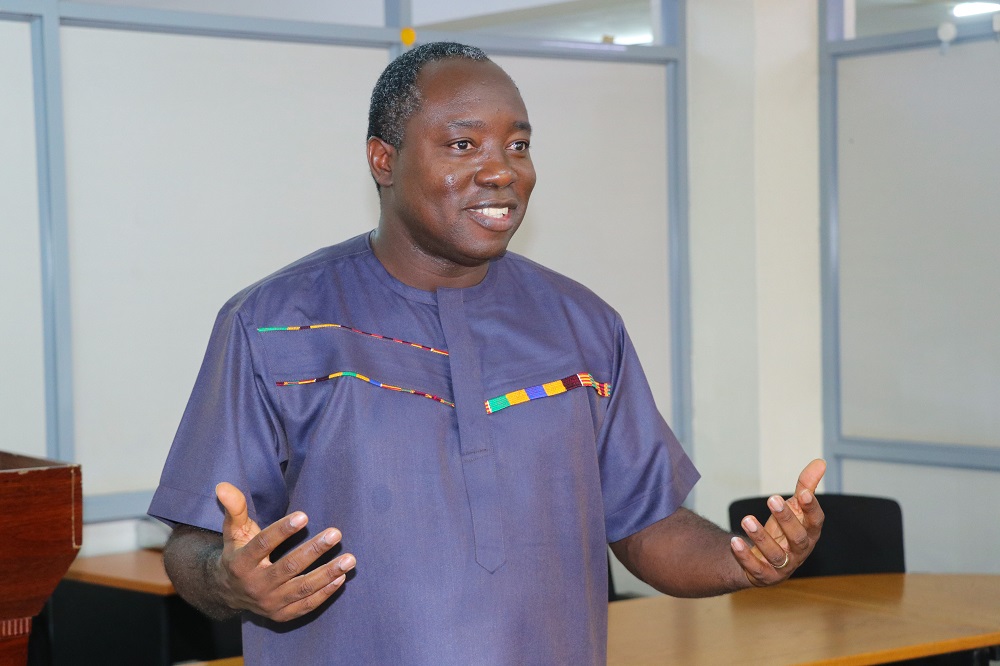
Prof. Tutu cautioned KIU scholars about the trap of bad journals. “Bad journals prioritize self-interest at the expense of scholarship and are characterized by false or misleading information, deviate from best editorial and publication practices and lack transparency.”
Currently, the KIU PhD students are mandated to publish three articles in credible journals before they are cleared to graduate.
A high-quality journal has a high impact factor which means its articles are read and cited by many people. A good journal is also associated with reputable publishing research bodies. For instance, Elsevier, Copernicus, emerald, to mention but a few.
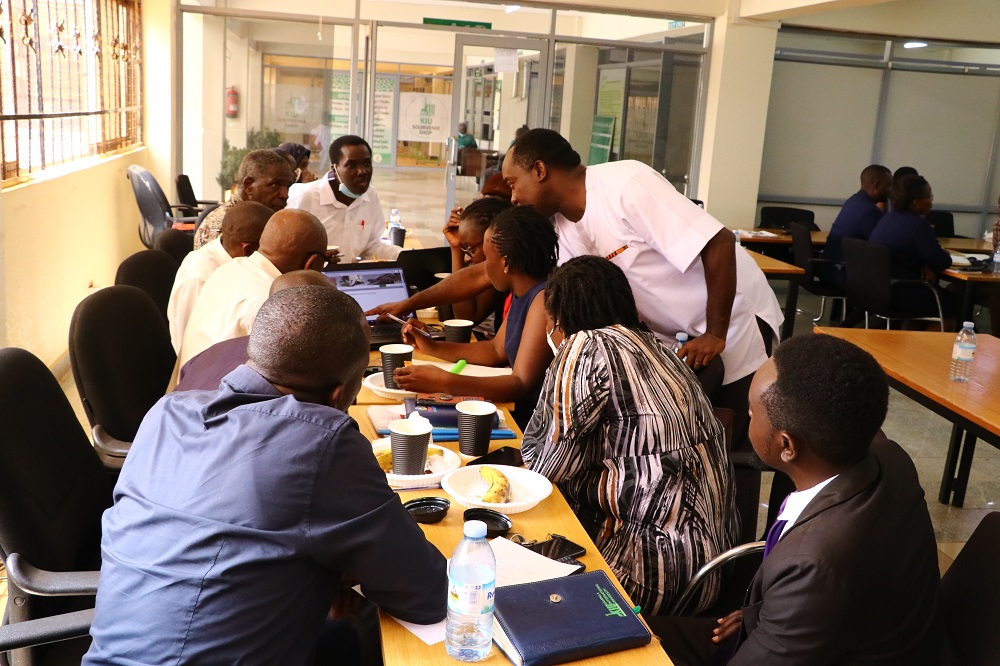
A scholar should identify journal curated indexes. Articles from the journal should be indexed in journal databases relevant to the field of interest, or in the relevant citation databases. There are some prominent ones such as Web of science and directory of open access journals.
A good reputation of the publisher, journal, editor and editorial board is another indicator. If these are reputable, the journal is likely to be of good quality.
Good journals have high editorial standards. For instance, instructions to authors are easily accessible and set out clearly what is expected from authors. They have a professional appearance and are not filled with typing errors, poor paper quality and other signs of recklessness.
The number of years the journal has been around indicate stability and interest in academia. The span of existence is also a good parameter for determining a good journal.
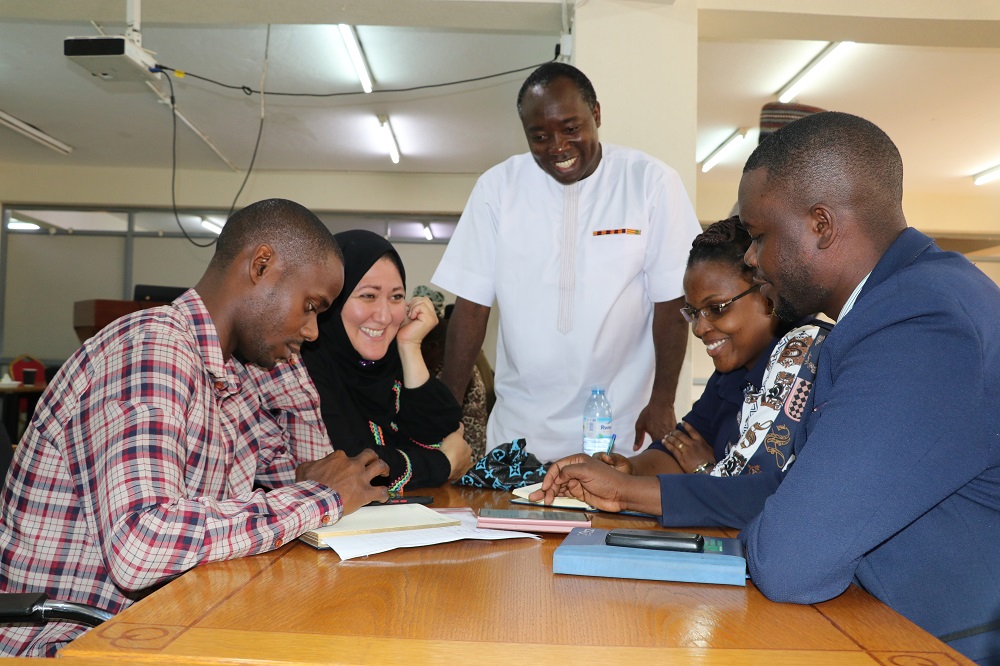
The journal should also come out on time. The review process should not be too long. For instance, the time it takes between submission and acceptance or rejection and the time of publication should be reasonable. It should not take two or three years to come out.
Does the journal accept electronic submissions? This simplifies the submission process, allows swift management of manuscripts and makes it possible for authors to track the position of their manuscripts in the review process.
Academic publications are used as a basis for promotion in academia. “You can’t move from lecturer to senior lecturer without contributing to knowledge,” said Prof. Tutu. “Besides the promotion requirement, academic publications are also used to enhance pedagogy, to mentor students, contribute to knowledge and to improve skills in academic writing,” he added.
There are several types of academic publications where staff can contribute ideas and these include the following: articles in peer-reviewed journals, books, articles in professional magazines, edited books, conference presentations and book reviews.
“One of the basic ways to begin is to read, and read good journal articles,” Tutu advised. “Have a smart goal above your desire to publish. For instance, how many articles do you want to produce in a semester or a year?”
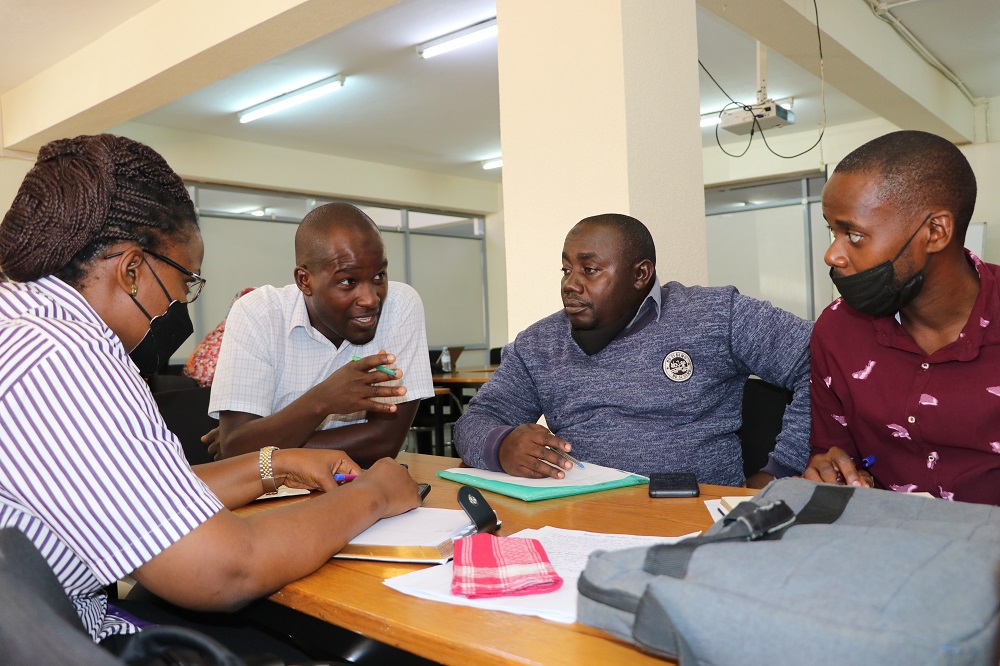
Tutu said once one is set to begin, check for writing style, type of publication and English or language use of the target journal and pay attention to your funders recommendations of reputable journals.
In attendance was the Deputy Vice Chancellor Finance and Administration, Prof. Janice Busingye, Dr. Margaret Kareyo, Dean SOMAC, the Dean student’s affairs Ms Scholar Akampemuka, the Acting Director Marketing Mulindwa Daniel, Dr. Tukundane Benson, Mr. Masembe Muhammad among others.
Kampala International University,
Box 20000, Ggaba Road, Kansanga, Kampala